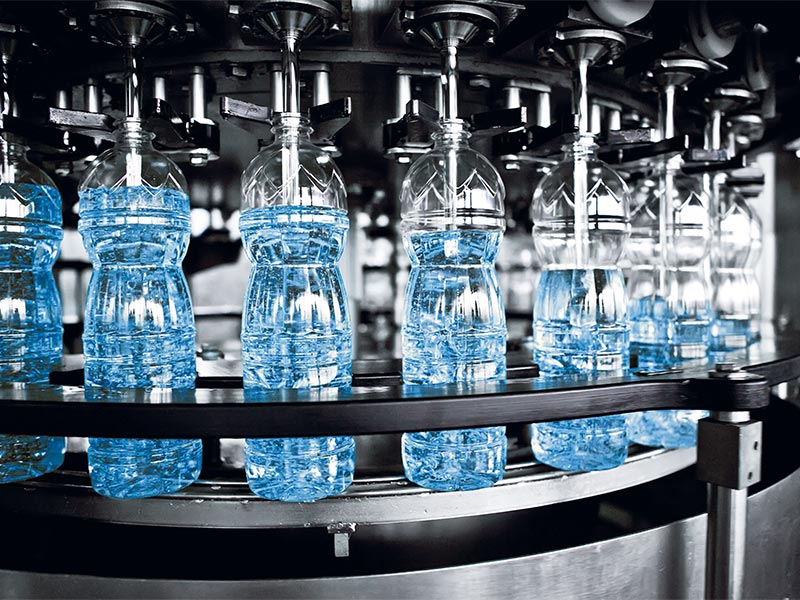Humidification for wine storage
Good soil, sunny slopes, passionate winegrowers: These are the optimum conditions for the production of good wines. To preserve or even improve their quality, storerooms and wine cellars must be kept at a constant temperature and the humidity must be strictly controlled.
Dry air — even air entering through the side of the barrel — causes the wine to evaporate, and this continues until the humidity inside the barrel is the same as the humidity in the ambient air in the storeroom.
Even bottled wine that has already been corked requires a constant climate, otherwise it will turn to vinegar. Cool, dark, and sufficiently damp — these are the optimum storage conditions for wine. Whether a stationary humidification system will create the appropriate climate or a system connected to the ventilation is required depends on the conditions in situ. But it is certainly a worthwhile investment.
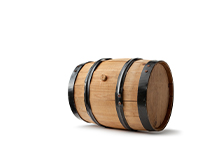
Wine storage


Bottling plant
In the course of industrial bottling or packaging processes, the plant operators must be able to guarantee the most precise air humidity possible in the respective ambient air. Depending on the type of bottled goods and the equipment used for it, only room air that is kept dry above average levels (dehumidification) can ensure optimum process quality. For example, the contact of warm, moist air with colder surfaces, e.g. in breweries, causes condensation to form, thus increasing the risk of puddle formation and corrosion. Too much condensation also reduces the adhesion of the labels to the bottles, among other things; this causes them to easily become detached.
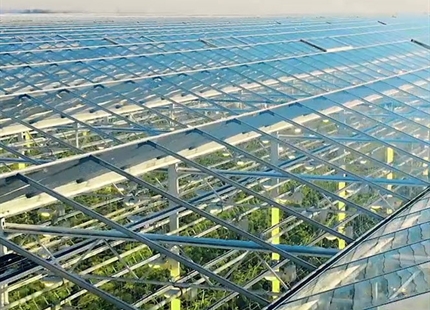
Szklarnie
Aby uzyskać optymalne plony i zminimalizować ryzyko inwazji szkodników, wilgotność w szklarniach musi być regulowana. Każdy gatunek rośliny ma swoją ...
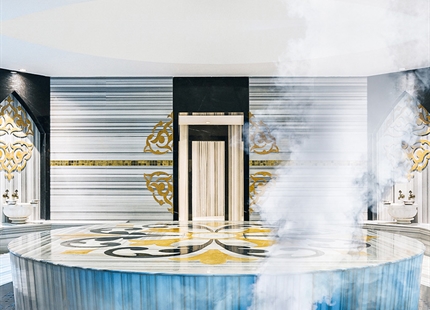
Hammam, Caldarium i Rhassoul
Hamam to łaźnia parowa, w której odbywa się specjalna ceremonia kąpieli,
i jest ważną częścią islamskiej kultury kąpielowej i fizycznej.
Skupia się...
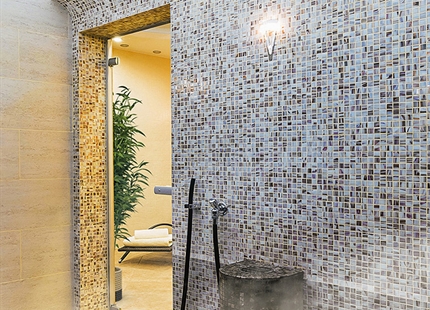
Łaźnia parowa i prysznic parowy
W dzisiejszych czasach wiele hoteli i klubów zdrowia oferuje zaplecze spa dla dobrego samopoczucia swoich gości i członków:
Basen, sauna, a coraz czę...

Steam bath and steam shower
Nowadays, many hotels and health clubs offer spa facilities for the well-being of their guests and members:
A swimming pool, a sauna and more and mor...

Centrum telefoniczne
Dobra wilgotność powietrza w call center zapewnia nie tylko dobre samopoczucie pracowników, lecz również ich wydajność i zdrowie.Choroby układu oddec...

Muzea
Muzea są skarbcem chroniącym dzieła sztuki i inny dorobek ludzkości. Niezliczone,
często unikalne i niezastąpione eksponaty, są warte wiele miliardó...

Lotnictwo
W branży lotniczej niezbędna jest niezawodna funkcjonalność wszystkich komponentów. Niedostateczna wilgotność może prowadzić do uszkodzeń i usterek e...
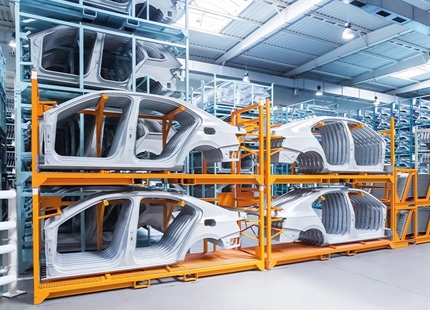
Magazynowanie
Wszędzie tam, gdzie przechowywane są produkty i towary lub archiwizowane są dokumenty, kompleksowe osuszanie powietrza chroni przed potencjalnym szko...

Pływalnie
Wysoki poziom parowania wody na pływalniach, szczególnie w połączeniu z panującymi tam wysokimi temperaturami w pomieszczeniu, prowadzi do ogromnego ...
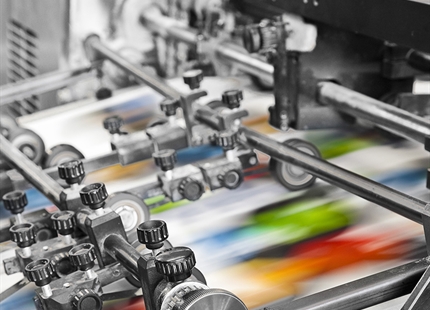
Drukarnie
Nawet jeśli czytanie zaczyna wychodzić z mody, papier pozostaje cennym surowcem. Papier jest potrzebny nie tylko do gazet i książek, lecz także do pl...
